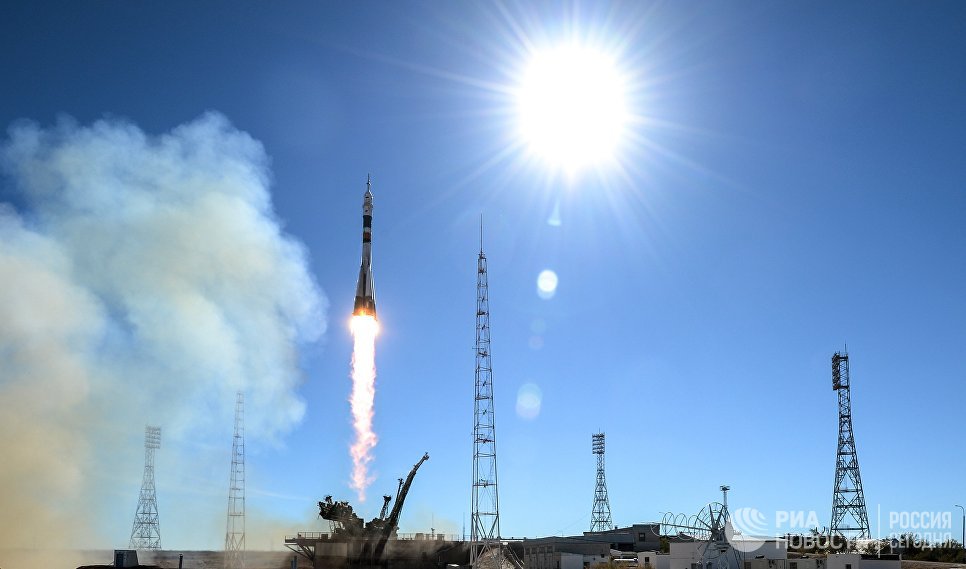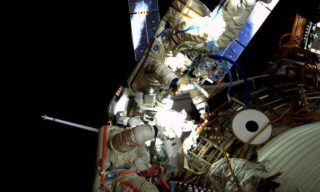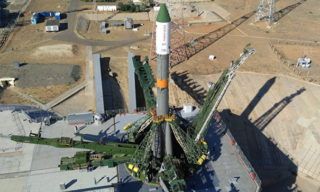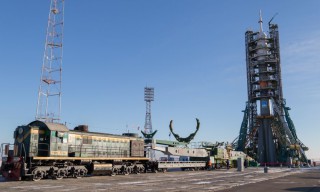Ria news
October 21, 2018
Today, there is a preliminary schedule which is under discussion now but there are no exact dates. ‘Everything depends on the Commission decision and the time of the “unfreezing” (of the launches to the ISS)’, said Ustimenko.
Earlier, a source in space-rocket industry had informed the Ria-news agency that Roscosmos had been offered three options of the flights relaunch with differ only in launch dates, however they all agree that it will take place early in December. Roscosmos says that the final report on the Soyuz MS-10 accident and recommendations to the space-rocket concerns will be completed by October 30.
The first manned flight accident in the history of modern Russia took place on October 11. The Soyuz-FG booster did not insert to orbit the Soyuz MS-10 spacecraft with a new ISS crew onboard, although the cosmonauts were evacuated in a rescue capsule to the Earth. The ISS 57/58 crew members – the Russian cosmonaut Alexey Ovchinin and the American astronaut Nick Hague were unhurt. This flight was the second in the carrier of Alexey Ovchinin who had spent 172 days in space in 2016. For Nick Hague, this flight is the first.
As the Roscosmos CEO on manned flights Sergey Krikalyov informs, the accident happened because one of the side blocks of the Soyuz-FG rocket had not detached properly. As a result, the first rocket stage crashed with the second. According to the Russian mass media, the rocket was probably damaged during the final assembly at the space port. At first, this version was considered to be a rumour and a factoid but later Dmitryi Rogozin gave directions to impose additional video control over the assembly of the inter-stage joints both in mounting sites of the Baikonur space port and at the Russian enterprises.




















